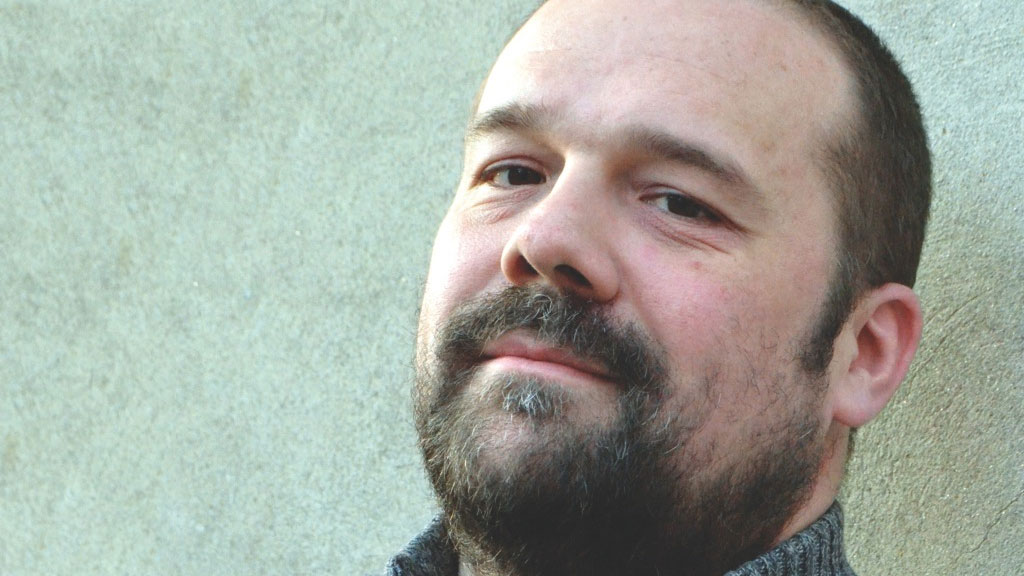Massimo Banzi is one of the co-creators of Arduino, the first micro-controller board entirely developed as open source. The technology was initially developed at the IDII – Interaction Design Institute in Ivrea (Italy), where he was an associate professor, and further refined with a number of collaborators and students across many institutions.
Before Arduino, Massimo – who is an electrical engineer by formation – worked as Chief Technical Officer for SEAT and as a consultant and software engineer for clients like Adidas, Artemide, Prada, Whirlpool. Simultaneously, he was teaching at the Domus Academy in Milan, one of the top private design schools in Italy.
Since the launch of Arduino, Massimo presents himself as an interaction designer, educator, innovator and advocate of open source hardware.
Massimo and his collaborators have contributed to the opening of the Copenhagen Institute of Interaction Design in 2007, of which he is a visiting professor. When he is not travelling, he is in Switzerland at the company site, or at the SUPSI graduate school in Lugano where he is a professor teaching physical computing.
Massimo is an international role model for young people. Inspiring the young, and maybe the not so young, to have a go at building and implementing their own electronic device with only their imagination as the limit, ranging from simple moving lights, mood sensing led-skirts and flame throwing guitars to devices to secure the house and extra mechanical hands.
Arduino is an enabling technology that makes electronics accessible to a wide range of people, in particular to the young because of its affordability and open source nature. For these characteristics and the associated culture of “learning by making”, Arduino technologies are now also at the core of several educational programmes in schools and universities, both in the UK and internationally. Computer Science here at Bath is just one example, where students discover the interplay between hardware and software in a creative manner. Some educators remark that “learn by making” overcomes the typical gender stereotypes in the classroom, possibly helping to reduce the gender imbalance in STEMM disciplines by intervening in early age education.
With the first releases of Arduino, Massimo launched the first FabLab event in Italy. FabLabs are small-scale workshops offering (personal) digital fabrication. The FabLab movement is closely aligned with the DIY, open source hardware and the free and open source movements.
Within a short time the community of makers around this technology has grown worldwide. From the initial favour of academics and professionals, it has progressively attracted the curiosity of different groups of people of all ages. The use of these technologies in artistic installations, multimedia, education, and in relation to sustainable development is appreciated by many.
Open licenses for Arduino are the main driving forces behind its success. FabLabs and permanent MakersLabs are growing both in number and presence and all together they contribute a cultural shift. The electronic components become affordable, accessible, usable also by non-specialists, and modular design enables interface/compatibility also with non-original parts. Knowledge on design and development is shared on the Internet under a creative common license.
For its societal impact and the potential it carries in leading the innovation in areas of education and sustainable development, Arduino is often featured at TED conferences, in the international press and on a variety of dedicated broadcast programs, in addition to more specialist venues.
Vice-Chancellor, I present to you Professor Massimo Banzi who is eminently worthy to receive the Degree of Doctor of Education, honoris causa.
Dr Marina De Vos
Orator
